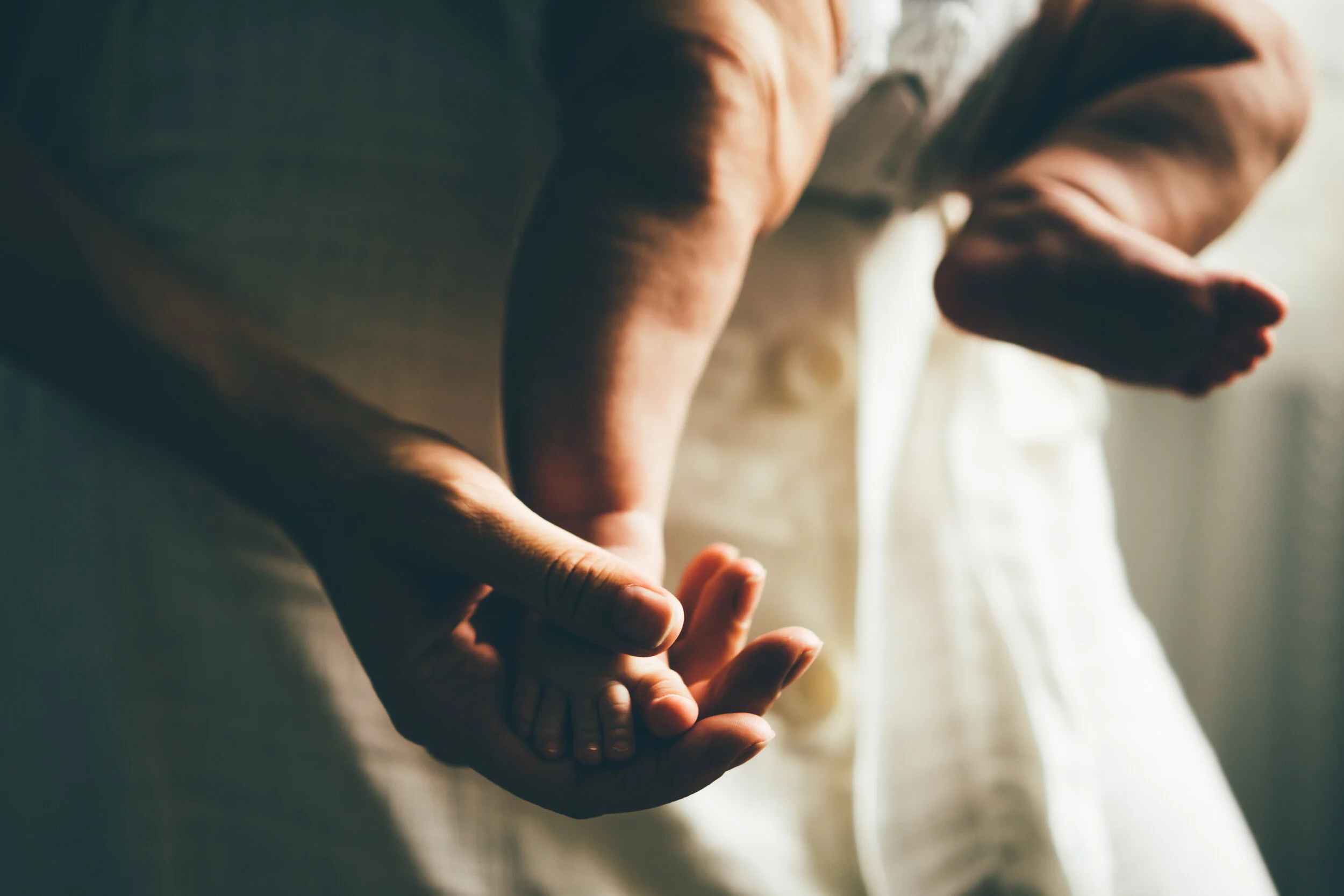why it happens and how you can get them back to business - milky business!
Many nursing parents become anxious or concerned about their child getting teeth! They may even think about weaning because they are nervous their child will bite them. Every baby is different and not every baby will bite. So rest assured with some diligent watching and observing your baby, you can get back to nursing more comfortably for you and your baby.
First off, babies can not actually bite if they are actively nursing. To extract milk their tongue must extend over the front gum and cover their bottom teeth. Biting typically happens at the end of a feeding or when the milk flow slows down and the baby is waiting for another letdown. Let’s take a look at why a baby may bite when they nurse:
Teething: New teeth can cause inflammation and discomfort. If you notice that their gums are swollen, they are popping on and off the breast, or biting that happens at the beginning of a feed; your baby may be teething. Simply end the feed by unlatching them and offer a cold teething toy, breastmilk popsicle or a homeopathic teething remedy like Camilia and try again in 10-15 minutes after they have had some relief.
Seeking attention: If you are distracted during a nursing session by talking to someone else or you’re on your phone, they may bite down to get your attention. Maintain eye contact with your baby and engage with them during the nursing session to give them the attention they crave.
Distracted: Oh the distraction phase!!Your child may be so distracted with things that are going on around them that they end up biting you. Typically this is at the end of a nursing session when they are satisfied at the breast and become more playful. Be on the lookout for your child pulling their tongue back from the gum line and tensing their jaw - this is when they will be most likely to bite. You can simply end the nursing session and offer some snuggles or a toy to play with or chew on.
What should you do it baby bites?
If you have ever been bit before you may already know how hard it is to keep your reaction to a minimum. Sometimes a bite can catch you off guard where you may let out a yelp or yell - and that’s okay but try to remain calm if you can. The most common and effective way is to end the nursing session so that they understand if they bite they will not receive milk at that moment. With older babies, talk it out with them; let them know that if they want to bite you will offer them a toy, but when they are at the breast there is no biting.
Biting is typically a short-lived phase so take each nursing session one at a time!




